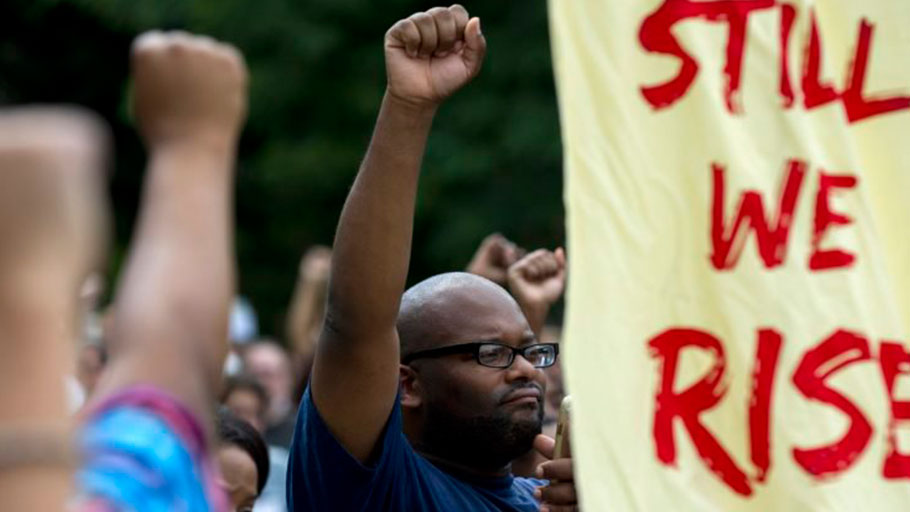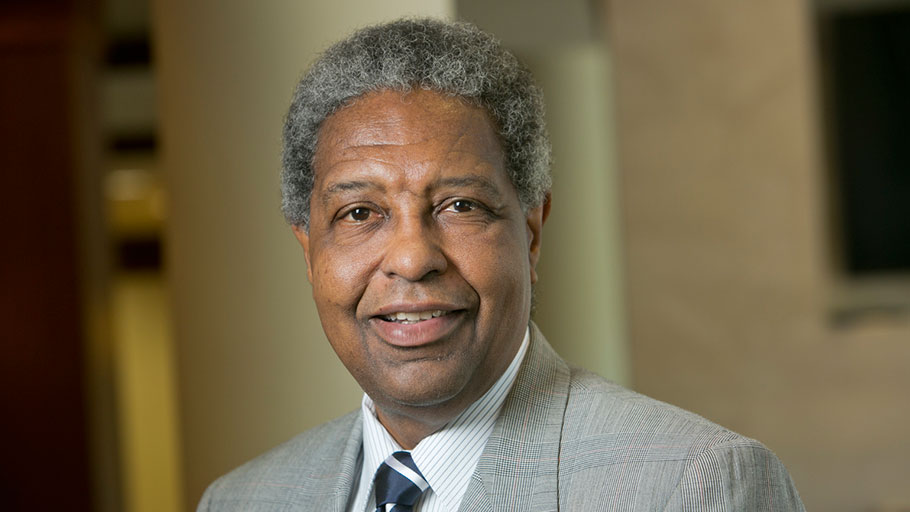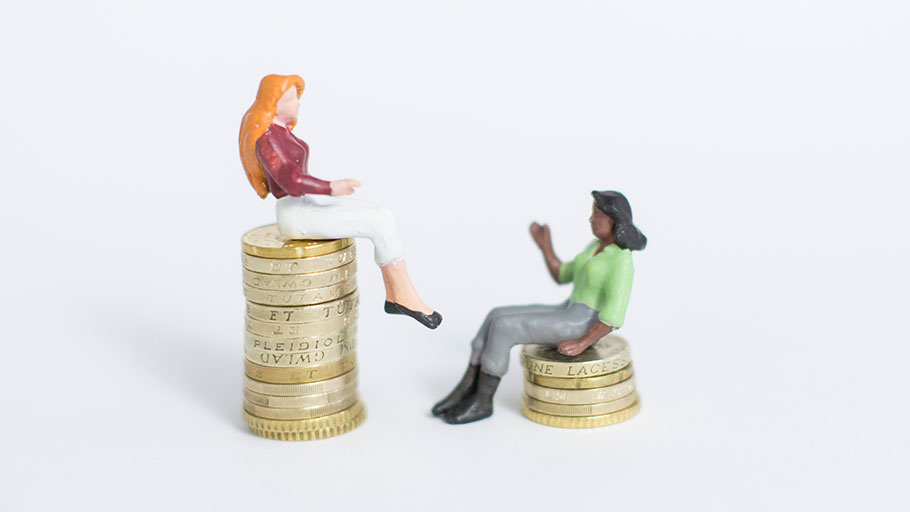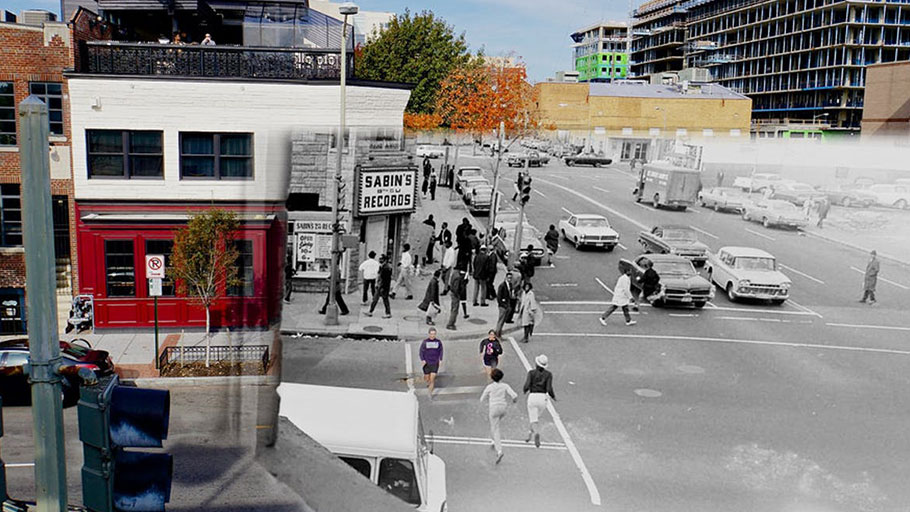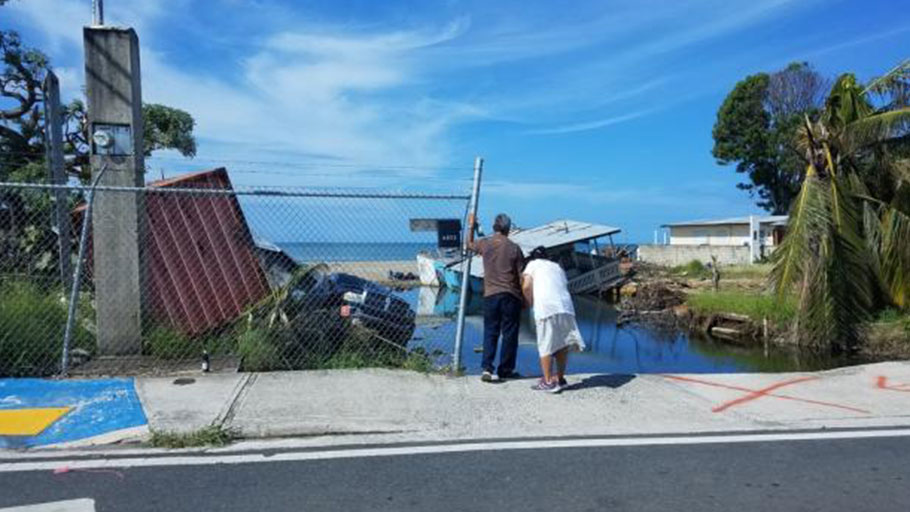
The disastrous impacts of Hurricane Maria were magnified by inequalities of race, income, and access to U.S. political power. By Basav Sen, Foreign Policy in Focus — Residents of Puerto Rico are confronting the prospect of a fresh hurricane season, which will likely bring five to nine hurricanes, including one to four major hurricanes. The island, badly battered by last year’s Hurricane Maria, still hasn’t recovered. We continue to learn more about how…

